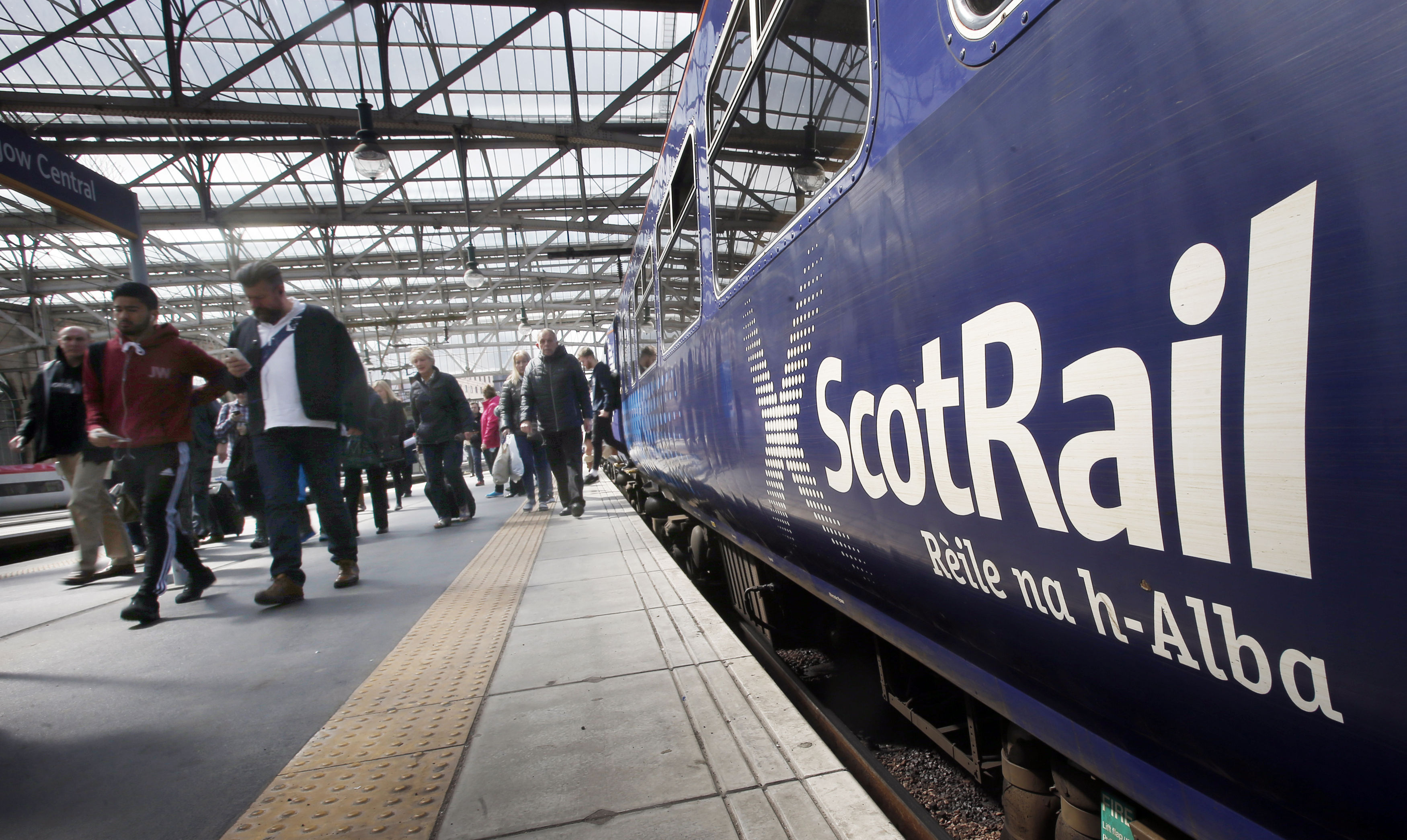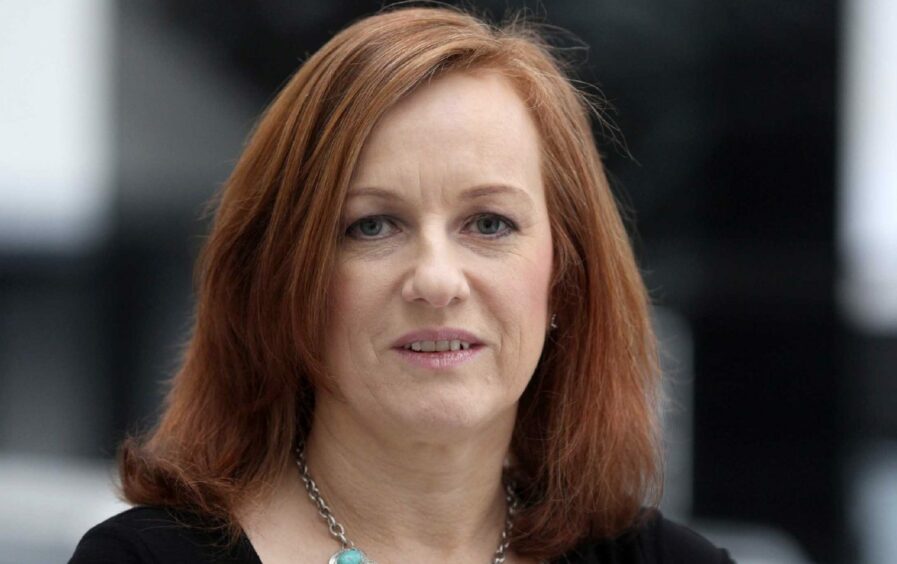
When the Scottish Government took ScotRail back into public ownership on April 1, the only political risk appeared to be the date chosen, April Fool’s Day.
Polls showed the public strongly in favour. Labour and Green politicians demanded it, as did rail unions. By 2021, it was almost inevitable. The private train operators had seen passenger numbers plummet in the pandemic and needed more state subsidy. So why not state ownership? It ought to have been full steam ahead.
Two months down the line it’s the travelling public who feel fooled, with a train strike threatened over pay and many drivers refusing to work overtime. The management last week took a giant marker pen to the timetable – and struck out 700 services across Scotland. Being told this is temporary is cold comfort when you’re stuck on a platform wondering where the trains have gone.
This crisis is disconnecting the country. The last train from Glasgow to Dumfries, the capital of South Scotland, and the closest station to my home, has been brought forward by three hours to 7.15pm. Smaller towns along the line like New Cumnock and Sanquhar have literally lost a lifeline.
Other regional towns and cities are also getting early baths – Stirling’s last train from Glasgow is 19.49. This will have a devastating effect on the night-time economy of our big cities and force those who can afford the petrol prices into cars. Others may lose their jobs. It also makes regional towns less attractive places to live and that in turn removes money from local economies. It disproportionately affects the young, people on shifts, people who cannot afford cars – the working poor.
But while travellers face the most immediate kicking, so does the very idea of public ownership. Those of us old enough to remember the 1970s know where attacks on publicly owned industries – steel, rail, shipbuilding and energy – end up; down the sell-off creek with Mrs Thatcher and her privatisation programme.
Then as now, we experienced a cost-of-living crisis. Then, as with today’s rail dispute, we saw politicians and unions both committed to public ownership, lose it. Other countries such as France, Germany and Japan invested in shining, efficient public railways. Ours fragmented into a thousand bits, all with different ticketing systems.
It’s the job of Aslef to defend their members. Train drivers are skilled people and should be properly recompensed. However, many workers might struggle to sympathise now they know the average salary for an experienced driver in Scotland is £48,000.
We should, though, recognise the very legitimate points the union makes – there are too few drivers and we should train more instead of relying on overtime working, which is no way to run a railway. On those wages, recruitment won’t be difficult – but it will be expensive. That probably explains why previous owners Abellio and others kept the numbers down for years.
The government inherited this tricky situation and can hardly be blamed two months in but it is still responsible.
Ministers need to spell out to the public exactly what the problem is and how they intend to fix it. It’s unfortunate that a number of well-intentioned interventions by the government to nationalise or safeguard key infrastructure, such as Ferguson’s shipyard or Prestwick Airport, have been problematic and critics of state intervention have not been slow to point that out.
But if a private company or service faces systemic difficulties, nationalisation in itself is no panacea. Those who support public ownership in principle – politicians and trade unions – must work together with urgency to demonstrate the benefits of a people’s railway.
Otherwise, the joke will be on all of us.

Enjoy the convenience of having The Sunday Post delivered as a digital ePaper straight to your smartphone, tablet or computer.
Subscribe for only £5.49 a month and enjoy all the benefits of the printed paper as a digital replica.
Subscribe © Allan Milligan
© Allan Milligan